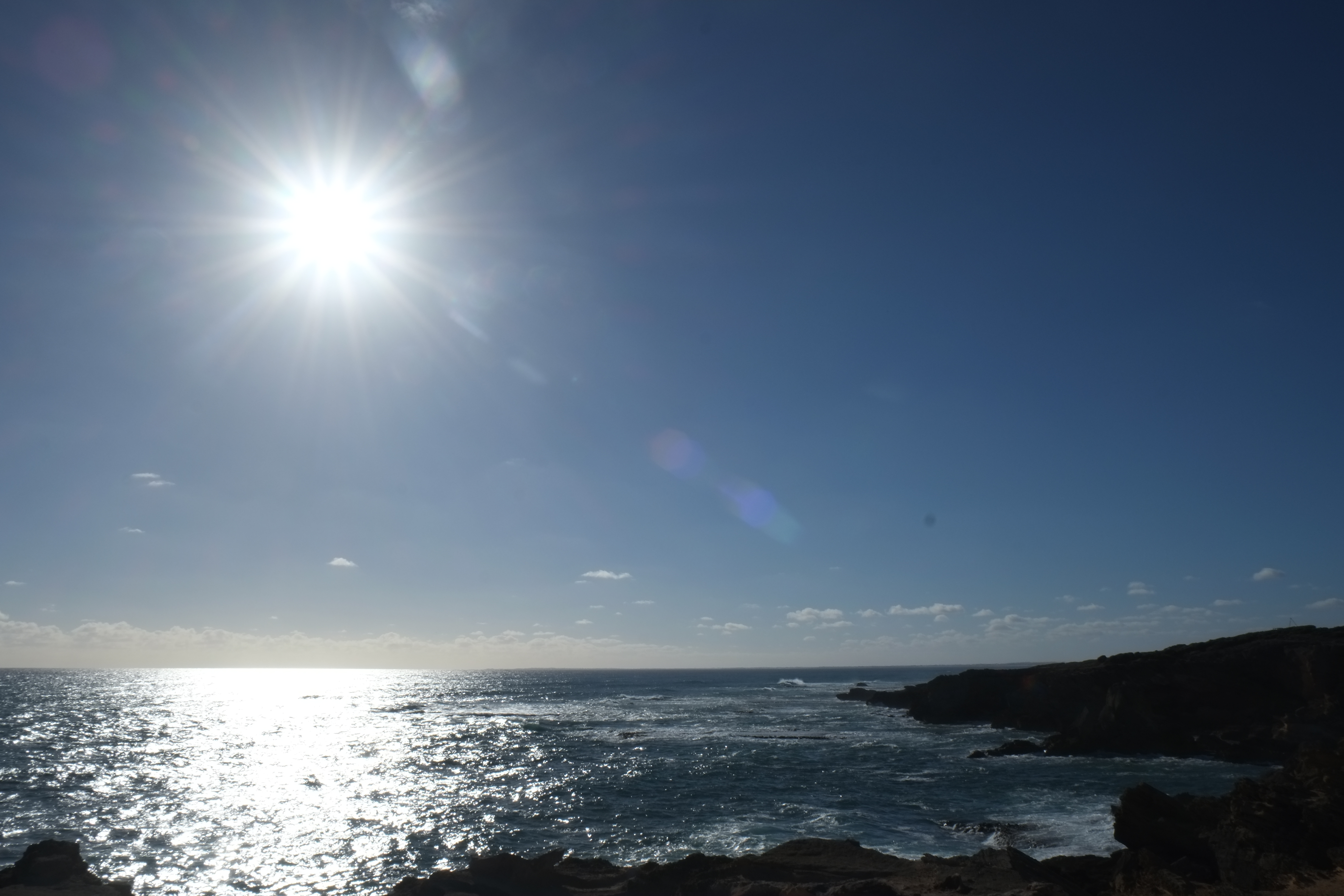Australian Conservation Foundation President, Professor Ian Lowe, has called for a third wave of environmentalism to “rescue us from our deep ecological debt”.
Professor Lowe speaking at the national press conference last week called on government
and business to invest in green research and innovation.
Professor Lowe said while the first and second waves of environmentalism – conservation and regulation – were still essential, there was a desperate need for a third wave: investment.
“To secure our future prosperity, wellbeing and ecological integrity, we must accelerate new business models that don’t destabilise the climate, don’t eradicate biodiversity and don’t wastefully destroy our natural resources,” he said.
Professor Lowe called for governments to reduce taxes on productive activities and increase taxes on activities that are harmful to society and the environment.
“Taxes on environmentally damaging activities actually fell in the decade to 2011, from 7.9 per cent of tax revenue to 7.3 per cent.
“Taxes on fuel use are relatively lower than ten years ago and we still give generous tax breaks for investing in pollution-intensive activities.
“Even with our modest carbon price, we have a net carbon pollution subsidy of about $4 billion a year, or about $7 a tonne.”
Professor Lowe said the World Economic Forum’s global risk report rated the impacts of climate change, food shortages and water crises as more severe than that of terrorism and war.
“Our investment in ecological security should be a higher priority than military spending, for which the government target is 2 per cent of GDP – imagine the changes if we were to spend $30 billion a year on a clean economy.”
He challenged to see major political parties use the election campaign to tell the electorate how they intend to measure progress over the next term of government.
He said GDP was not a good measure of progress, as it did not count the qualities most people value most highly – time with family and friends, affordable housing, fulfilling work, access to parks and natural areas, clean air and secure neighbourhoods.
“We live at a level of material comfort that our grandparents could only dream of.
“But we have to take decisive action now or it will be a level of comfort that our grandchildren will only be able to dream of.”
Matt O’Leary


